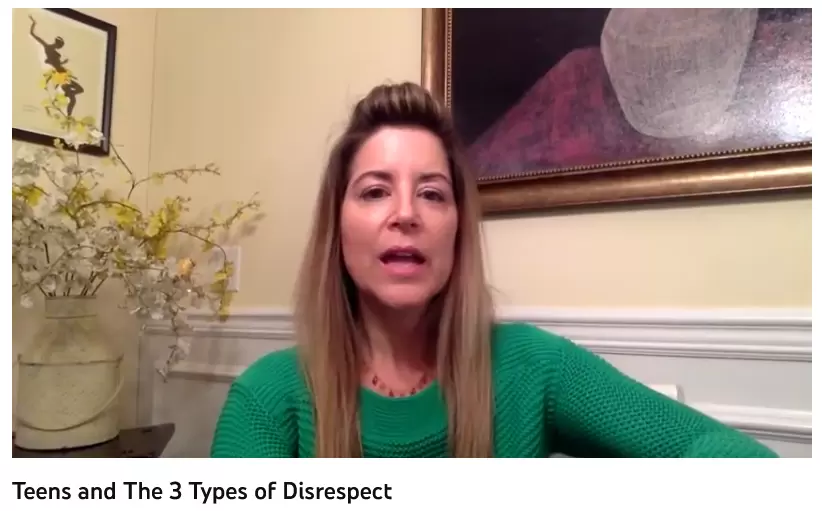YOU NEED TO INTERPRET A CHILD’S BEHAVIOUR AS A RESPONSE TO YOUR OWN AS WELL AS IN TERMS OF HIS MOTIVES, NEEDS, PERSONALITY AND CIRCUMSTANCES
I am going to tell you a way to stop the madness in your house. If your kids feel anything game or internet related is more important than listening, buy a wifi router with parental controls. Now let me explain how it works i First in order to get internet access, the kids have to do chores. Each chore has an amount of internet access given only if completed. For example when they clean the kitchen, meaning from floor to ceiling they have access to watch one movie on Netflix. Now this may seem harsh, to some of you, but understand that teenage mentality has changed dramatically since I was a kid. Their lack of respect is absolutely uncalled for in my eyes.
One thing to understand is that all the extras such as cable, movies, internet, etc are a treat not a necessity.
It will be a difficult transition but it will work out great in the long run. The best advice I can give you is never give in.
HANDLING DISRESPECT
Tips for communication
- Stay calm. This is important if your child reacts with ‘attitude’ to a discussion. Stop, take a deep breath, and continue calmly with what you wanted to say.
- Use humour. A shared laugh can break a stalemate, bring a new perspective, lighten the tone, and take the heat out of a situation. Just avoid putting your child down or being sarcastic.
- Ignore shrugs, raised eyes and bored looks if your child is generally behaving the way you want.
- Check your understanding. Sometimes teenagers are disrespectful without meaning to be rude. You could say something like, ‘That comment came across as pretty offensive. Did you mean to behave rudely?’
- Give descriptive praise when your child communicates in a positive way.
Tips for relationships
- Be a role model. When you’re with your child, try to speak and act the way you want your child to speak and act towards you. For example, if you swear a lot, your child might find it hard to understand why it’s not OK for them to swear.
- If there’s a lot of tension between you and your child, another trusted adult might be able to support your child. This can ease the strain.
- Check in with your child to make sure there’s nothing that’s making your child feel particularly stressed or worried.
- Get to know your child’s friends.
Tips for discipline
- Set clear family rules about behaviour and communication. For example, you could say, ‘We speak respectfully in our family. This means we don’t call people names’. It’s a good idea to involve your child in discussions about the rules.
- Focus on your child’s behaviour and how you feel about it. Avoid any comments about your child’s personality or character. Instead of saying, ‘You’re rude’, try something like, ‘I feel hurt when you speak like that to me’.
- Talk about, set and use consequences, but try not to set too many. At times, it might be appropriate to use consequences for things like rudeness, swearing or name-calling.
THINGS TO AVOID WITH TEENAGE DISRESPECT
Arguing rarely works for parents or teenagers. When we get angry, we can say things we don’t mean. A more effective approach is to give yourself and your child some time to calm down.
If you’re angry or in the middle of an argument, it will be hard to discuss calmly what you expect of your child. A more effective approach is to tell your child that you want to talk and agree on a time for a conversation.
Being defensive is very rarely useful. Try not to take things personally. It might help to remind yourself that your child is growing up and trying to assert their independence.
Even though you have more life experience, lecturing your child about how to behave is likely to turn them off listening. If you want your child to listen to you, you might need to spend time actively listening to your child first.
Nagging isn’t likely to have much effect. It might increase your frustration, and your child will probably just switch off.
Sarcasm will almost certainly create resentment and increase the distance between you and your child. about teenage disrespect
If your child’s attitude towards you and your family doesn’t respond to any of the strategies suggested above, it might be a warning sign that there’s a deeper problem.
You might also be concerned if your child:
- shows signs of depression like feeling sad, tearful, moody or irritable, or withdrawing from family, friends or usual activities
- runs away from home or stops going to school regularly
- uses physical or verbal violence towards other family members.
If you’re concerned about your child’s behaviour, it’s OK to seek help and advice. Here are some things you can do:
- Seek professional support – good people to talk to include school counsellors, teachers and your GP.
- Discuss the issue as a family, and try to work out ways of supporting each other.
- Talk to other parents and find out what they do.
